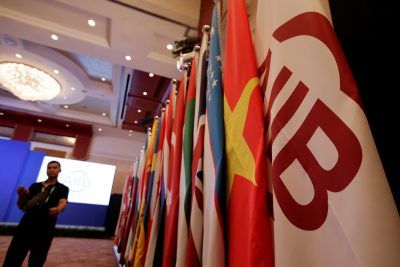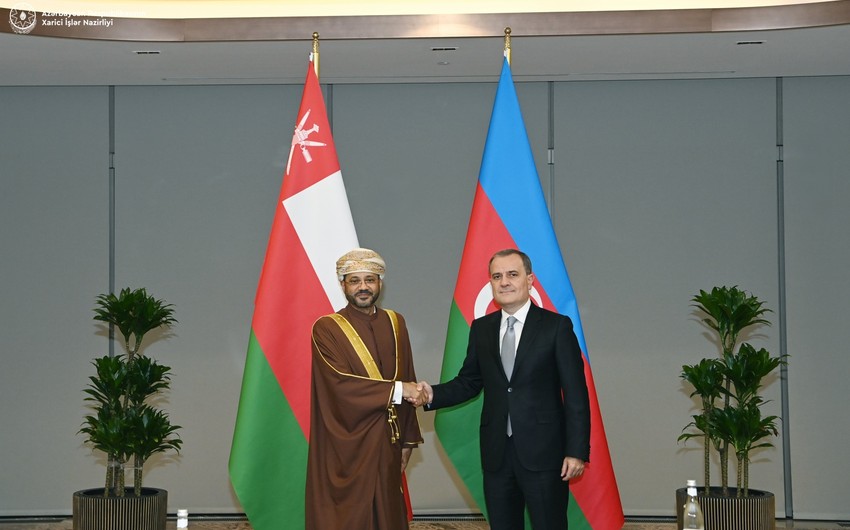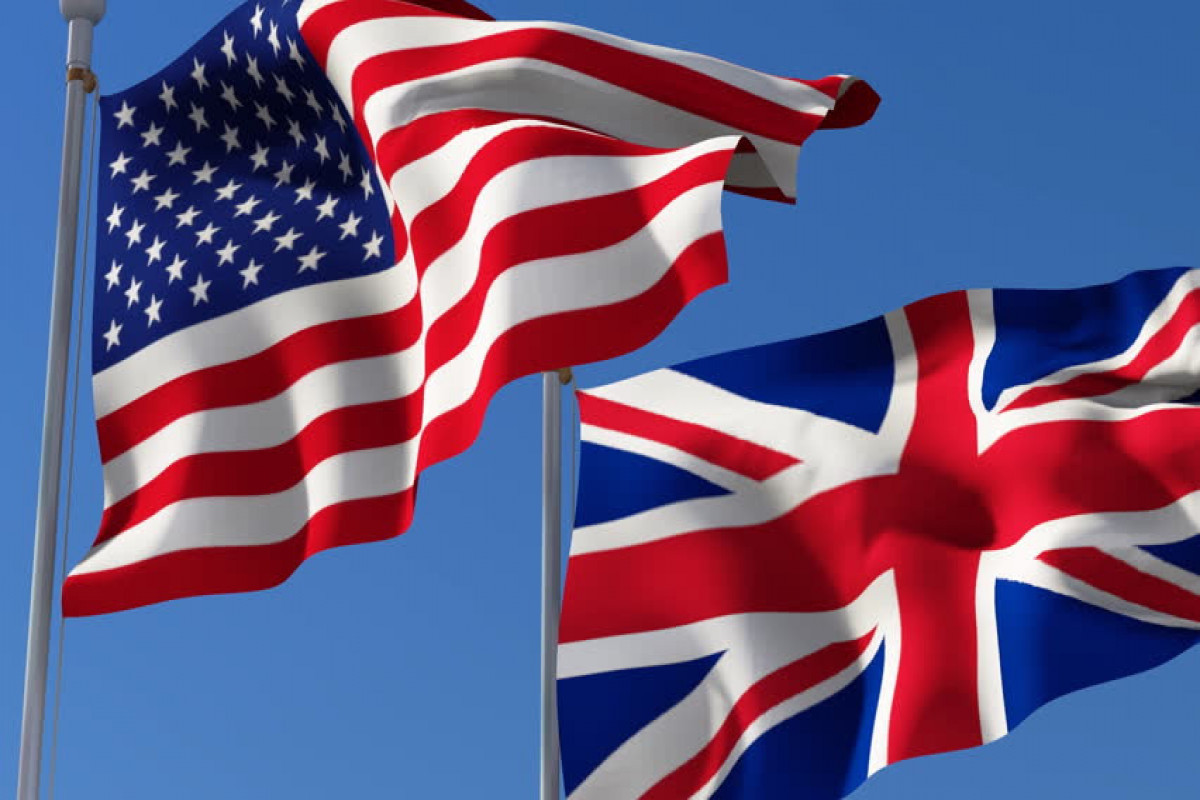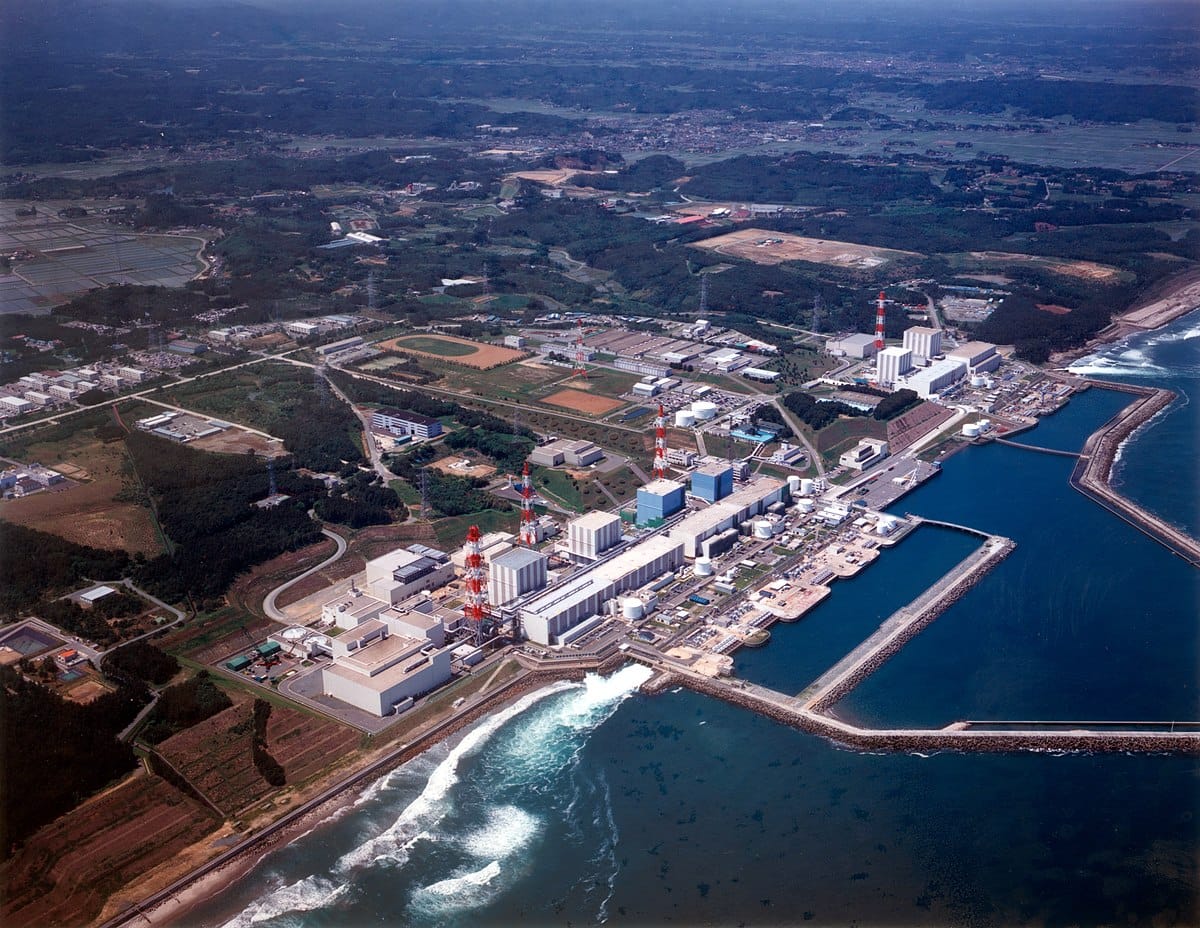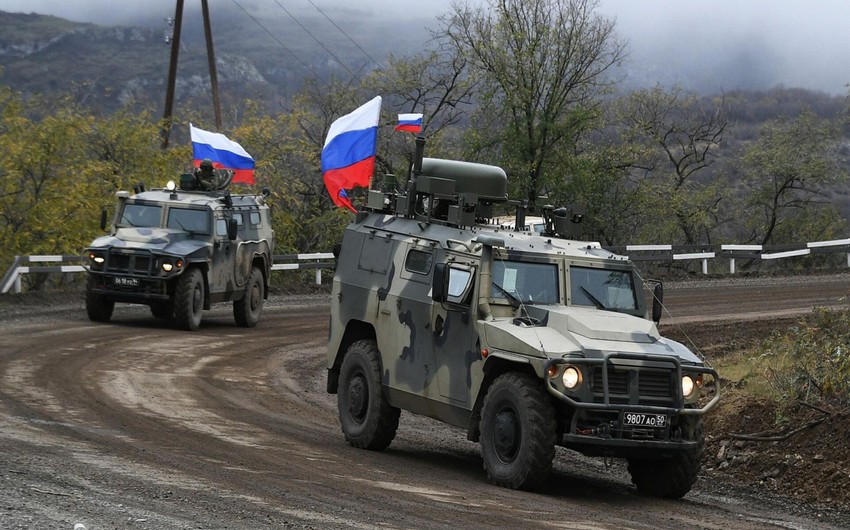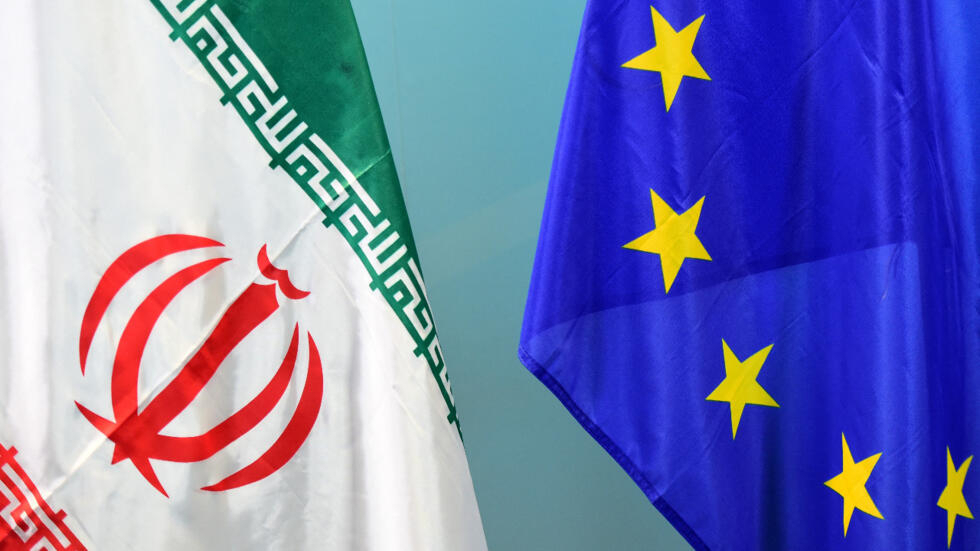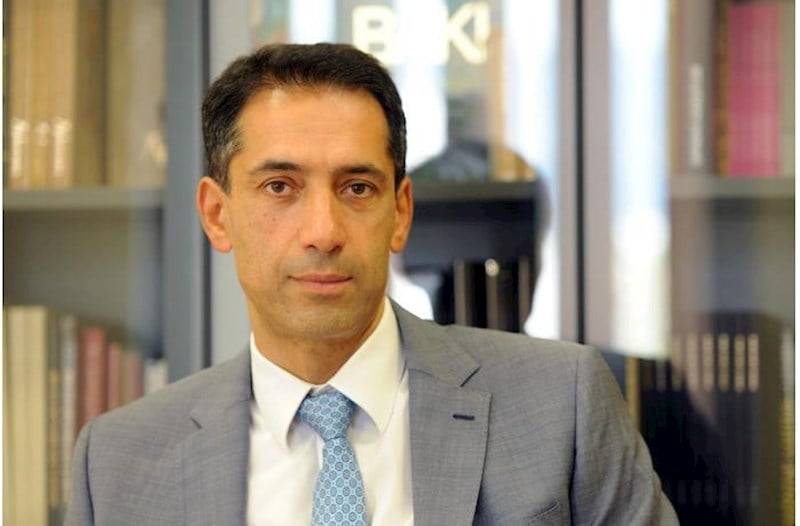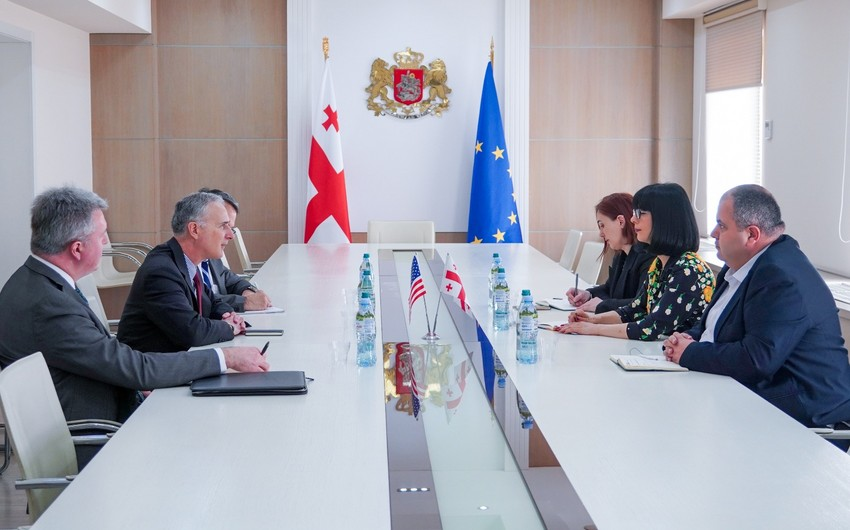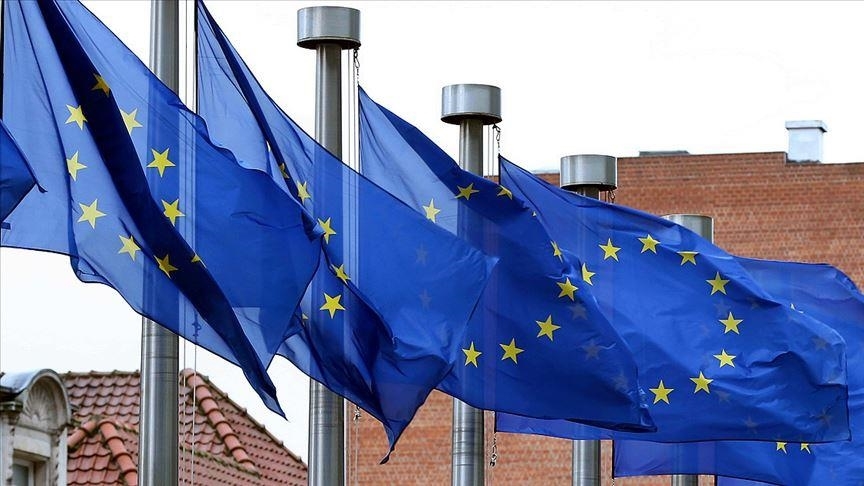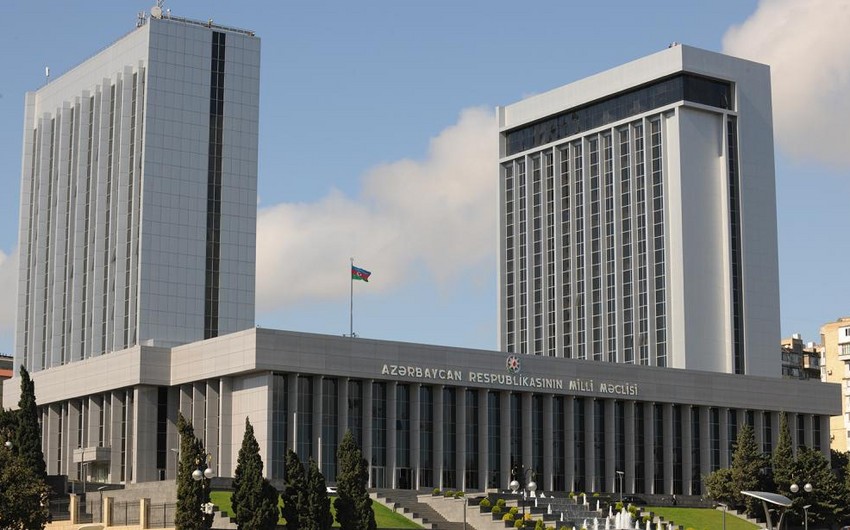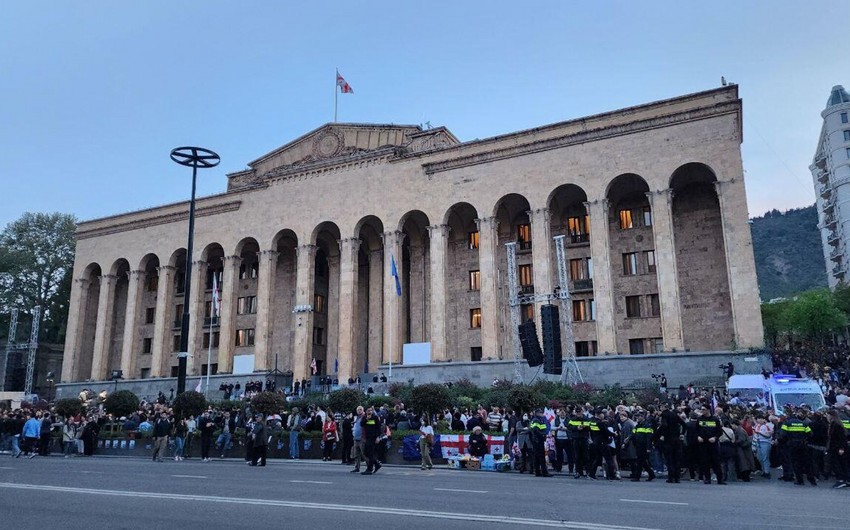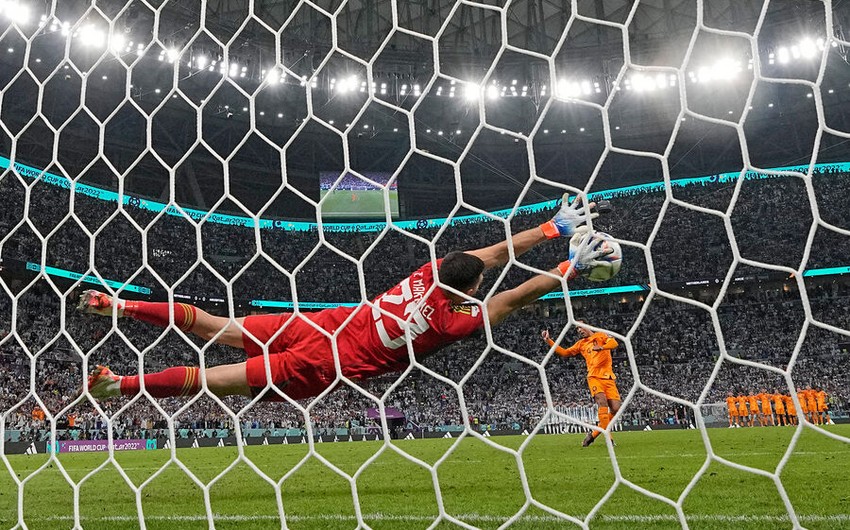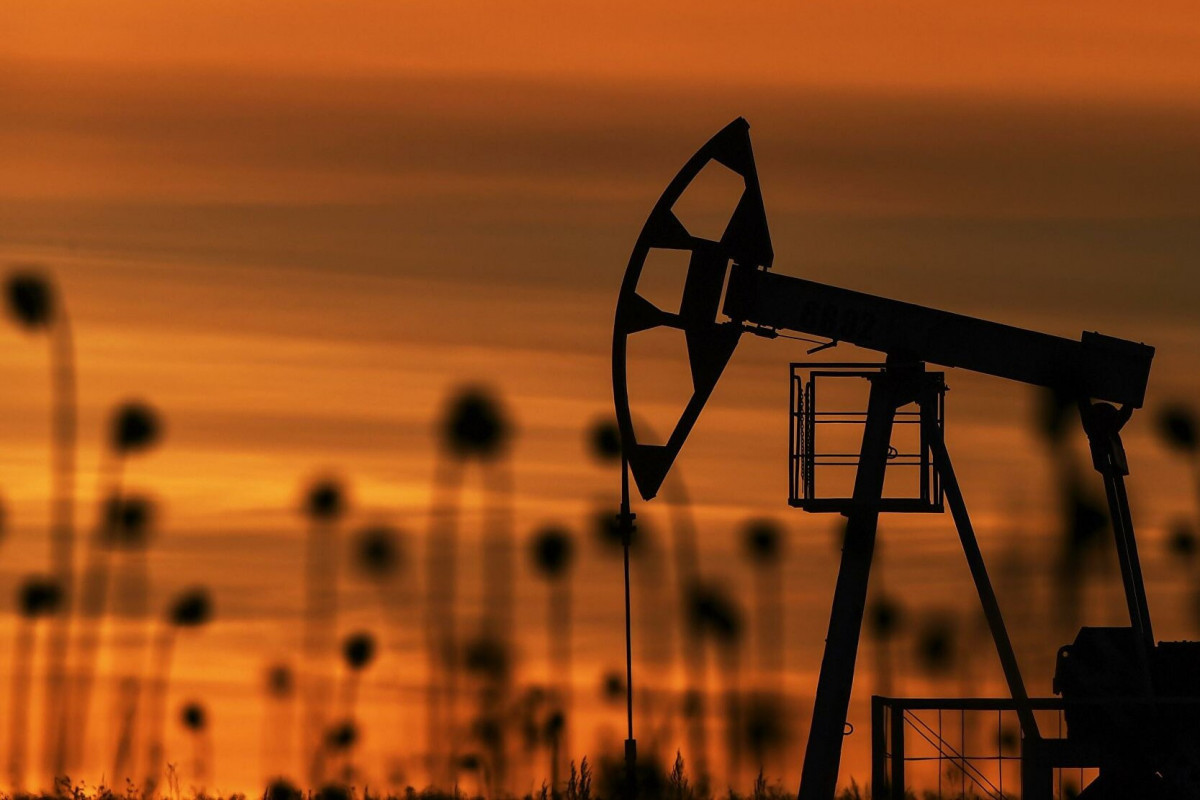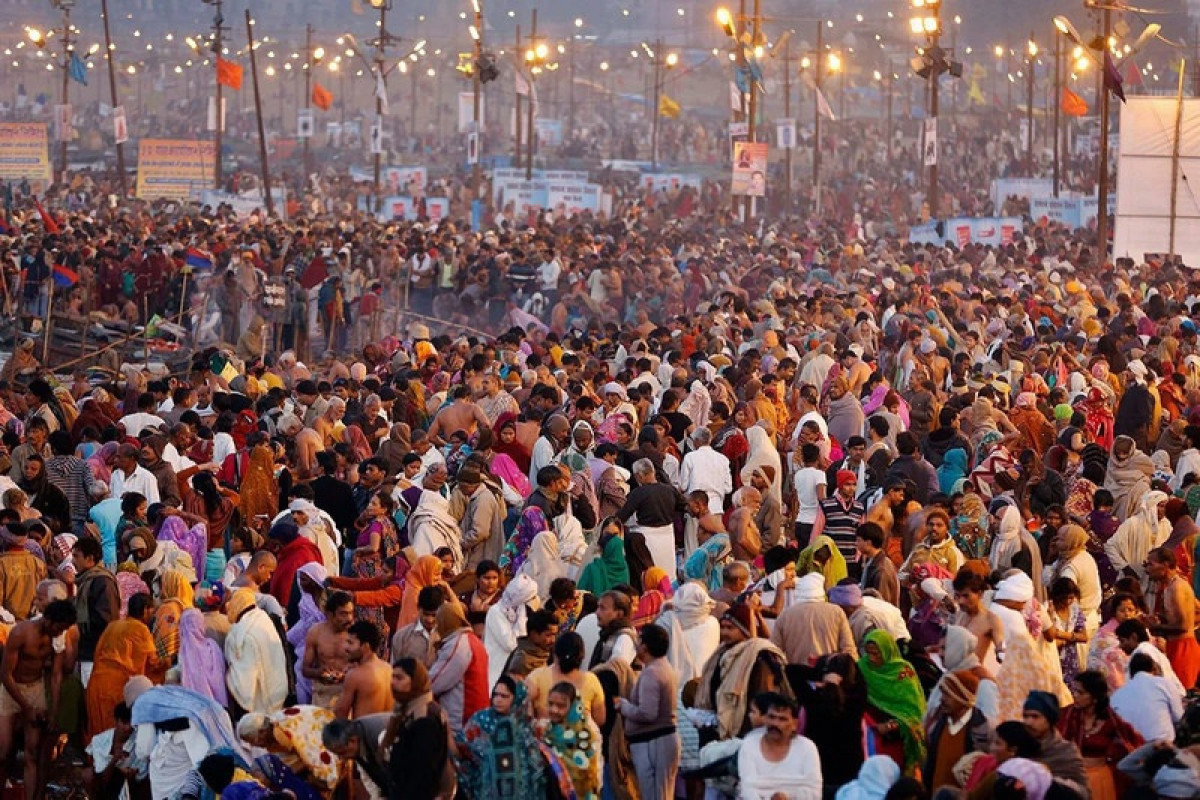The new multilateral development banks (MDBs) — the China-led Asian Infrastructure Investment Bank (AIIB) and the New Development Bank (NDB), both established in 2014 — represent a wave of decentralisation in development financing. These new MDBs were once widely considered a threat to existing MDBs, such as the World Bank and the Asian Development Bank (ADB). But this concern has proved unwarranted.
Governance of the global development financing system has actually improved because of ‘healthy competition’ and functional cooperation between new and old MDBs. This means that the impact of decentralisation and the establishment of new MDBs is neither good nor bad, but rather conditional on how well they can work with existing institutions.
Early on, many had opined that the creation of new MDBs could have significant costs. New institutions would presumably have a different member base, geographical reach and focus compared to existing institutions. This divergence would lead to the decentralisation and fragmentation of global governance — particularly because China is not a member of the OECD’s Development Assistance Committee (DAC), which oversees and coordinates international development assistance.
A patchwork system would emerge and spur ‘unhealthy’ competition, the argument continued, with institutions taking different approaches and developing their own lending modalities and policy solutions. Old and new MDBs would also compete for some of the same clients, raising the incentive to reduce standards to attract clients who would have opportunities for forum shopping and arbitrage.
But signs of ‘unhealthy’ competition between new and old MDBs have not emerged. Instead, competition has been ‘healthy’. The creation of the two new MDBs has been beneficial to the existing development financing architecture in general, and to the World Bank and the ADB in particular.
The reasons for this are threefold. First, the new MDBs have helped to partially fill the massive infrastructure financing gaps facing Asian countries. The ADB estimates that developing Asian countries need to invest US$26 trillion from 2016 to 2030 — or US$1.7 trillion per year — if the region is to maintain its growth momentum, eradicate poverty and respond to climate change. Domestic resources and old MDB financing alone would not be enough to meet this need.
The new MDBs have also encouraged the World Bank and the ADB to pay greater attention to infrastructure, triggering a funding race and an infrastructure boom. In 2015, the World Bank announced the launch of the Global Infrastructure Facility and the ADB restructured its balance sheet and enhanced its lending capacity. Following the 2014 Brisbane Summit, the G20 also established the Global Infrastructure Hub in Sydney.
Second, the establishment of the new MDBs led existing MDBs to streamline their operational procedures. The World Bank and, to a lesser extent, the ADB have been accused of bloated bureaucracy and stringent procedures, resulting in inefficiencies. Newer institutions do not suffer from these problems. Their eagerness to secure clients and claim a seat at the development table encourages them to expedite approval of new projects, which has pressured existing banks to become more efficient.
Third, ‘healthy’ competition has benefitted the new banks themselves. The AIIB and the NDB had to hit the ground running. They could not be complacent and assume that developing countries would flock to them out of displeasure with the traditional MDBs. They had to be efficient, compete for business and account for domestic populations’ concerns about the social and environmental impacts of their projects.
Functional complementarity and cooperation between the old and new MDBs is also strong, stemming from memorandums of understanding (MOUs) that the World Bank and the ADB have signed with the AIIB and the NDB. Functional areas of cooperation in the MOUs include knowledge and information sharing; country, sector or firm-specific cooperation; regular consultation and co-financing. So far, most projects financed by the AIIB and the NDB have been co-financed with the World Bank or the ADB.
‘Healthy’ competition and functional complementarity, therefore, define the relationships between old and new MDBs, to the benefit of developing countries across Asia. Going forward, the new and old MDBs should seek to further enhance these benefits while minimising the costs of ‘unhealthy’ competition or a race to the bottom.
As the global oversight body for international economic institutions, the G20 could help promote healthy competition within a collaborative framework. At the 2011 Seoul Summit, the G20 issued a number of principles for cooperation between the International Monetary Fund and regional financing arrangements. Similar principles would be useful in enhancing cooperation among old and new MDBs.
Efforts must also continue to reform World Bank governance and give greater voice to dynamic emerging markets. Past reform efforts have proceeded at a glacial pace and either need to be accelerated or a new modality needs to be identified. China and China-led institutions should also seek membership of the OECD’s DAC to promote greater transparency in their assistance programs.
Pradumna B Rana is Associate Professor and Coordinator of the International Political Economy Programme in the Centre for Multilateralism Studies at the S Rajaratnam School of International Studies, Nanyang Technological University, Singapore.

